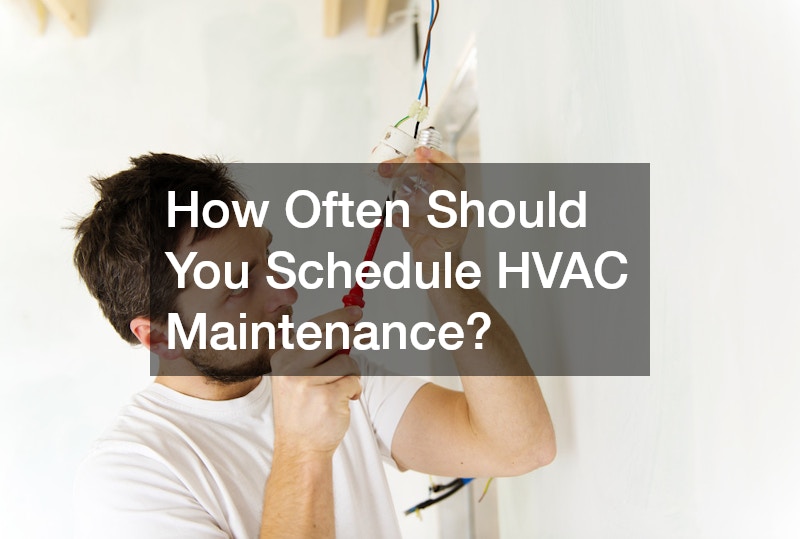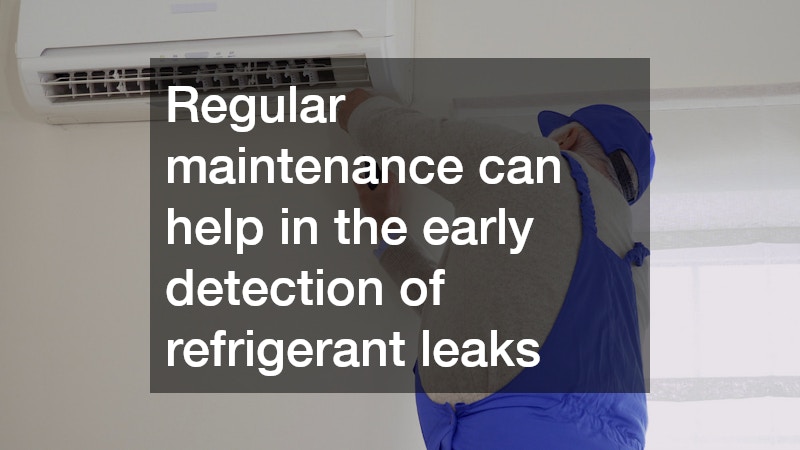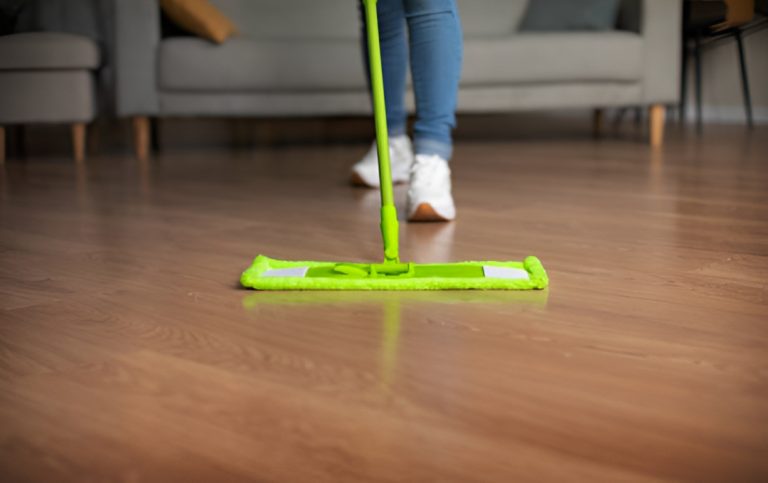

Regular HVAC maintenance is crucial for the efficient and safe operation of heating and cooling systems. The primary function of HVAC units is to provide a comfortable and controlled indoor environment. Without routine checks and balances, these systems can develop issues that may not only affect performance, but also the safety of those within the space. Regular maintenance helps in identifying potential mechanical problems before they escalate into more significant issues. As a result, HVAC service ensures that the systems run efficiently and at an optimal level, which is critical for energy conservation and cost control.
HVAC service is akin to a health check-up for your system to ensure all components function harmoniously. Most professionals recommend scheduling maintenance at least once or twice a year, preferably in the heating and cooling seasons, to prepare the system for intense use.
This proactive measure can prevent unexpected breakdowns during extreme weather conditions, ensuring that your home stays comfortable year-round. Additionally, these routine checks can prolong the lifespan of your HVAC system, as well-maintained units tend to last longer than neglected ones. By investing in regular maintenance, homeowners can avoid costly emergency repairs and replacements.
Furthermore, regular HVAC maintenance services can improve indoor air quality significantly. Systems that are not maintained regularly can become havens for dust, mold, and other pollutants, negatively affecting health, especially for individuals with allergies or respiratory conditions. Clean and well-serviced HVAC systems promote a healthier living environment by ensuring the air circulating in your home is clean and contaminant-free. Moreover, proper maintenance can help maintain optimal humidity levels, which is essential for comfort and health. Thus, an effective HVAC service routine not only maintains comfort but also significantly contributes to the wellness of the occupants.
Signs That Your HVAC System Needs Maintenance
Understanding the signs that indicate your HVAC system needs servicing is crucial for timely maintenance. One of the most common indicators is when the system fails to maintain desired temperatures or cycles on and off more frequently than usual. Unusual noises, such as banging or squealing, could imply mechanical problems that necessitate immediate attention. Inconsistent airflow or unpleasant odors emanating from your HVAC unit are also clear signs that you should schedule a service visit. Addressing these issues promptly through professional HVAC service can prevent more severe problems that could compromise the entire system.
Another indicator of the need for HVAC maintenance is rising energy bills without a corresponding increase in usage. Inefficient systems tend to consume more energy to provide the same level of comfort when they are not operating optimally. This inefficiency is often due to clogged filters, dirty coils, or other malfunctions that restrict airflow and force the system to work harder. By addressing these concerns with regular HVAC maintenance, homeowners can significantly reduce their energy costs. Additionally, maintaining an efficient system is not only good for your wallet but also beneficial for the environment, as it reduces the carbon footprint of your household.
Regular maintenance can help in the early detection of refrigerant leaks, another common issue among HVAC systems. These leaks not only reduce the system’s efficiency but can also pose health risks if left unattended. Professional HVAC service technicians are trained to detect and address refrigerant leaks safely and effectively. They ensure that the system adheres to environmental standards and functions correctly. By scheduling timely HVAC service, homeowners can safeguard their families and the environment while ensuring their systems operate at peak performance.
Establishing a Routine HVAC Maintenance Schedule
Establishing a routine HVAC maintenance schedule is essential for the seamless functioning of the system throughout the year. Ideally, scheduling HVAC service twice a year is recommended, typically in the spring for the cooling system and in the fall for the heating system. These scheduled maintenance sessions allow technicians to prepare the HVAC system for the upcoming season’s demands. During these visits, professionals thoroughly inspect, clean, and service various components of the system, ensuring each is in good working order. This routine helps prevent unexpected failures and ensures optimal efficiency.
For more comprehensive maintenance, some homeowners may choose annual service contracts with professional HVAC companies. These contracts often offer benefits such as priority service, discounts on parts, and regular reminders to schedule maintenance sessions. Such agreements provide peace of mind and ensure that the HVAC system is regularly assessed by professionals who can efficiently tackle any emerging problems. By choosing a reliable HVAC service provider, you can rest assured that your system’s maintenance is prioritized and handled expertly. Determining the frequency of these services is often based on the system’s age, usage, and manufacturer’s recommendations.
Aside from professional HVAC service, homeowners can also perform basic maintenance tasks to support the system’s performance. Simple actions like regularly changing air filters and ensuring vents are unobstructed can significantly enhance the HVAC system’s efficiency and longevity. Additionally, keeping the surrounding area clear of debris will help maintain optimal airflow and prevent system strain. While these do-it-yourself tasks are critical, they do not replace the expertise that professional technicians bring during a thorough maintenance checkup. Therefore, combining regular professional HVAC service with diligent homeowner care provides a comprehensive maintenance strategy that extends the lifespan and effectiveness of your HVAC system.




